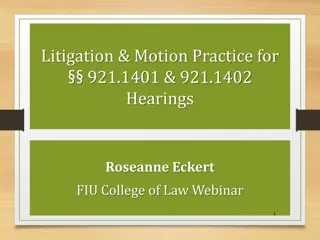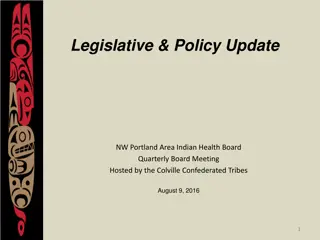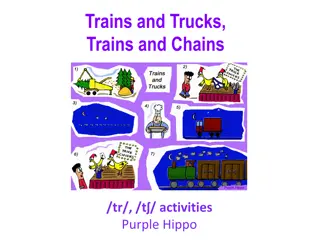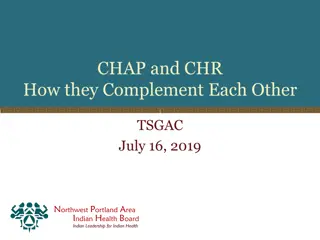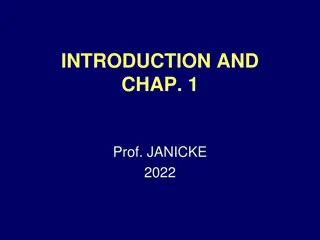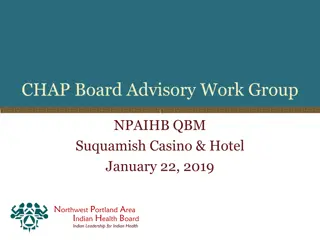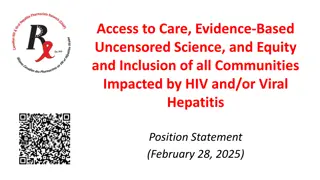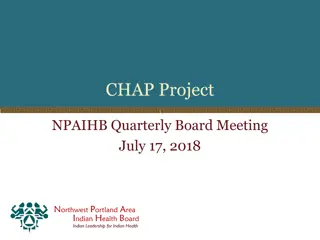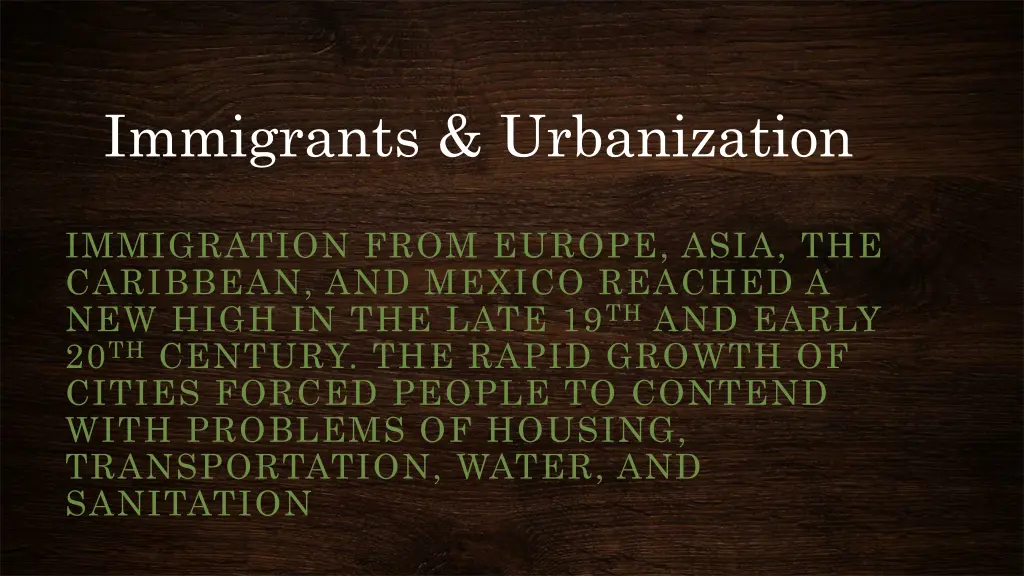
Effects of Immigration and Urbanization in the Late 19th and Early 20th Century
Explore the economic, social, and political impacts of immigration from Europe, Asia, the Caribbean, and Mexico, along with the challenges faced in rapidly growing cities. Discover the nativist sentiments, movement to urban areas, and the response to housing, transportation, sanitation, and safety issues. Learn about key organizations and individuals who supported urban immigrants during this transformative period.
Download Presentation

Please find below an Image/Link to download the presentation.
The content on the website is provided AS IS for your information and personal use only. It may not be sold, licensed, or shared on other websites without obtaining consent from the author. If you encounter any issues during the download, it is possible that the publisher has removed the file from their server.
You are allowed to download the files provided on this website for personal or commercial use, subject to the condition that they are used lawfully. All files are the property of their respective owners.
The content on the website is provided AS IS for your information and personal use only. It may not be sold, licensed, or shared on other websites without obtaining consent from the author.
E N D
Presentation Transcript
Immigrants & Urbanization IMMIGRATION FROM EUROPE, ASIA, THE CARIBBEAN, AND MEXICO REACHED A NEW HIGH IN THE LATE 19THAND EARLY 20THCENTURY. THE RAPID GROWTH OF CITIES FORCED PEOPLE TO CONTEND WITH PROBLEMS OF HOUSING, TRANSPORTATION, WATER, AND SANITATION
Learning Goals Objective Objective Essential Question What were the economic, social, and political effects of immigration? Identify immigrants countries of origin. Describe the journey immigrants endured and their experiences at U.S. immigration stations. Examine the causes and effects of the nativists anti-immigrant sentiments. Describe the movement of immigrants to cities and the opportunity they found there. Explain how cities dealt with housing, transportation, sanitation, and safety issues. Describe some of the organizations and people who offered help to urban immigrants.
Melting Pot Nativism Overt favoritism toward native-born Americans. Chinese Exclusion Act Banned entry to all Chinese except students, teachers, merchants, tourists, and government officials. Gentlemen s Agreement Japan agreed to limit emigration of unskilled workers to the U.S. in exchange for the repeal of segregation orders.
Urbanization Growth of cities. Americanization Assimilate people of wide- ranging cultures. Tenements Overcrowded, unsanitary, multifamily urban dwellings. Mass Transit Transportation systems designed to move large numbers of people along fixed routes.
Urban Disasters Great Chicago Fire (10/8/1871) Burned for 24 hrs. 300 deaths 100,000 homeless 3 square miles destroyed $200 million in damage 17,500 buildings destroyed San Francisco Earthquake (4/18/1906) 28 secs. (Fire burned for 4 days) 1,000 deaths 200,000 homeless 5 square miles destroyed $500 million in damage 28,000 buildings destroyed
Reform Movement Social Gospel Movement Salvation through service to the poor. Settlement House Community centers in slum neighborhoods that provided assistance to people in the area, especially immigrants. Jane Addams Influential member of the reform movement in Chicago.
The political machine political machine, an organized group that controlled the activities of a political party and offered services to voters in exchange for votes, of Boss Tweed Boss Tweed in New York City was known as Tammany Hall Tammany Hall. Tweed used graft political influence for personal gain, to run the country s largest city. U.S. presidents had used patronage patronage, or the giving of government jobs to people who had helped a candidate get elected, since Andrew Jackson and now wanted it ended. Reformers believed civil service civil service, government administration, jobs should go to those qualified and not political friends. President Chester A. Arthur signed the Pendleton Civil Service Act Service Act that authorized bipartisan appointments to federal jobs based on merit. graft, the illegal use of Pendleton Civil
Slightly Unimportant Presidents Rutherford B. Hayes Rutherford B. Hayes Named independents to his Named independents to his cabinet instead cabinet instead of using patronage. patronage. Gave federal patronage jobs to reformers. of using James A. Garfield Grover Cleveland Against high tariffs and only President to win 2 nonconsecutive terms. (High School namesake) High tariff supporter signed McKinley Tariff. Benjamin Harrison

